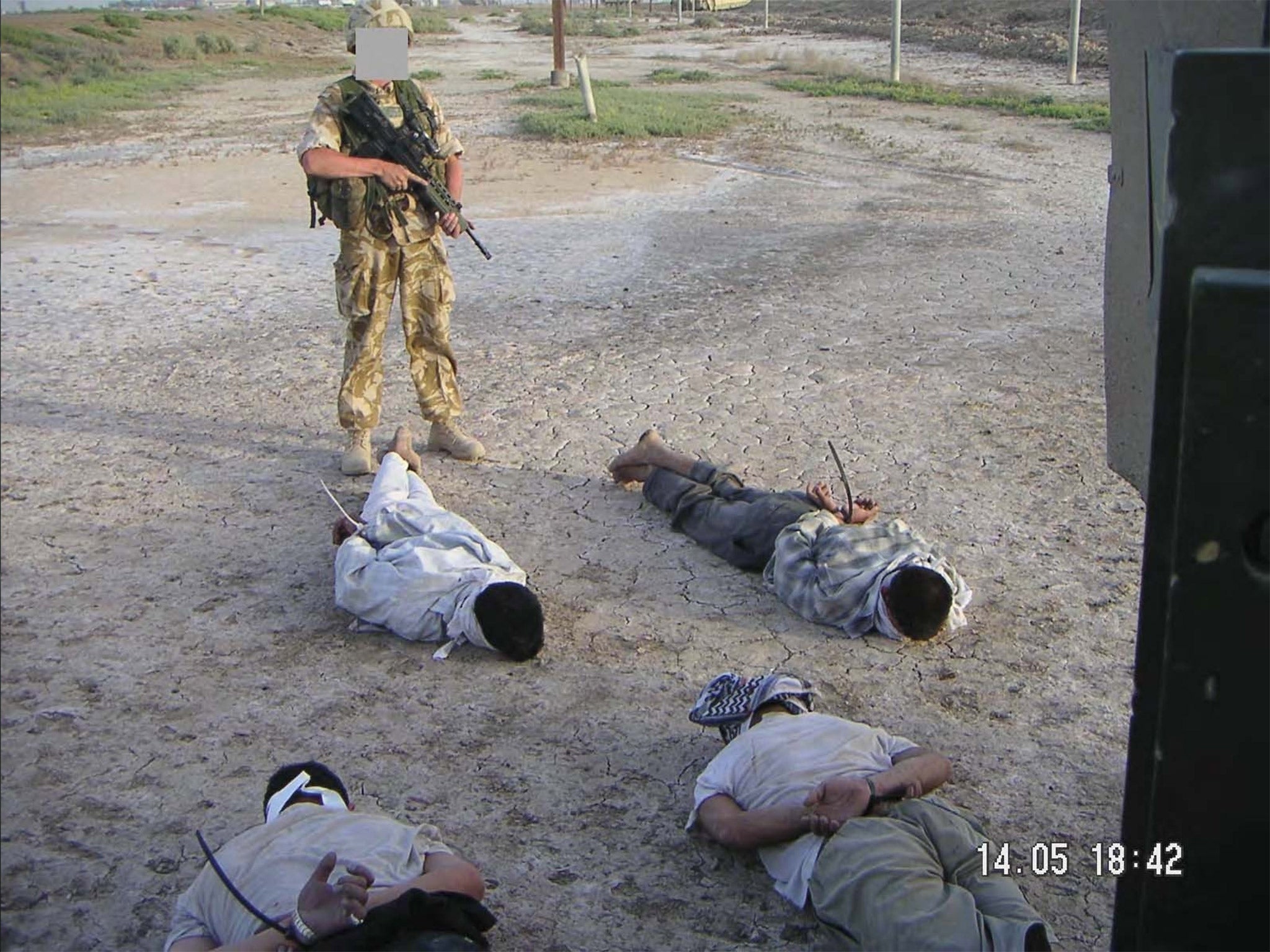Al Sweady inquiry Q&A: What happened on 14 May 2004?

Q: What happened on 14 May 2004?
A: The summer of 2004 saw a sharp spike in attacks on Coalition forces by the Mahdi Army militia in southern Iraq. British troops were ambushed at two locations either side of the “Danny Boy” vehicle checkpoint, near Al Amarah. Witnesses said the fighting was particularly fierce and had involved the use of bayonets by British troops for the first time since the Falklands War.
In the aftermath of the fighting some 28 Iraqis lay dead with no British fatalities. An unusual order was given for the bodies of some 20 of the dead to be collected to see if a British intelligence target – known as Bravo One – was among them. A further nine men were also captured alive and taken away for questioning.
Q: Why was the Al Sweady inquiry set up?
A: Despite criticism of the lawyers for the detainees from ministers, the Government does not come out of this process blame-free. High Court judges found in 2009 that the Ministry of Defence had committed “serious breaches” in its duty to disclose information relevant to claims by Iraqis of murder and ill-treatment. The allegations emerged after the bodies of the fighters, bearing the marks of battle, were returned to relatives on 15 May 2004. The public inquiry was announced in 2009 by then Defence Secretary Bob Ainsworth.
Q: How much did it cost?
A: The total cost of the inquiry, which involved 44 weeks of live evidence, was £31m. It heard from 282 witnesses, including 56 Iraqis and 222 military personnel. Among its expenses was the hiring of former police detectives to piece together the disparate documentation about the incident prior to taking evidence from live witnesses. Some £5.6m was spent on legal fees and £7.3m on investigators and other expert services.
Q: What was the key evidence?
A: Iraqi witnesses outlined in detail their claims of brutality by British troops inside the Camp Abu Naji base. Among them was Khudur Al-Sweady, whose nephew Hamid was killed on 14 May. He claimed that biological weapons had been used in the incident. The allegations were judged to be baseless.
British military witnesses testified to the bravery of the soldiers caught up in the fighting, several of whom were decorated. Other military personnel acknowledged the use of techniques banned by the British Army in Northern Ireland during so-called “tactical questioning” of detainees. They included sleep deprivation, sight restriction and the use of noise.
Q: Why are lawyers for the victims being criticised?
A: The MoD said the reputation of British soldiers had been needlessly impugned by the allegations at significant financial cost to taxpayers. In March this year, Public Interest Lawyers, representing the Iraqi detainees, said it was abandoning its case that live prisoners died or were killed at Camp Abu Naji.
The emergence of a document obtained by a separate law firm, which appeared to confirm that detainees were known members of insurgent groups, is being investigated by the Solicitors Regulation Authority. The lawyers have defended their actions, saying the relatives of the dead Iraqis had a right to know what happened to their loved ones and evidence of breaches of human rights had been uncovered.
